Action-Research to foster labour accessibility for young people with disabilities in Kenya
Title InJob! Pathways to inclusive education and promotion of employability for vulnerable youth in the public vocational training centers
Location Nairobi, Embu, Busia, Kitui, Machakos, Nyamira, Homa Bay, ElgeyoMarakwet, Transnzoia, Kiambu, Muranga, Kilifi, Kwale, TaitaTaveta, Makueni (Kenya)
Duration 3 anni
Project Leader NO ONE OUT
Partners CBM, Technical and VocationalEducation and TrainingAuthority (TVETA), Companionshipof WorksOrganization (CoWA), Girl Child Network (GCN)
Funding AICS – Italina Agency for Cooperation Development
Contesto
The TVET system in Kenya is today a fragmented qualification system which results in a quality of skills acquired by students that are unable to fully meet the expectations of employers. A large number of people develop skills through the traditional apprenticeship program, for which no certifications are obtained and therefore there is no formal recognition of skills.
The Government of Kenya in recent years has promoted and implemented policies and initiatives to address the above concerns and labour accessibility. Among other things, the law on vocational training promotes the formalization of institutions, accreditation, technical certification and has reclassified training institutions and the related administrative competence, dividing them into:
- Vocational training centres (VTC) managed by local administrations (Counties);
- Ministerial-run technical and professional schools (TVC);
- National Polytechnics (NP) managed by the national government.
The VTCs managed by the counties are currently the cheapest TVET courses offered by the public service and are also those that are experiencing a difficult situation given the scarce commitment made by local administrations in the promotion of vocational training.
The InJob! project aims at strengthening the Technical and Vocational Education and Training (TVET) system for the educational inclusion and the job placement of vulnerable young people and youth with disability, with a specific impact on the equality index in professional training and number of TVETs accessible to students with disabilities.
General Objective
The Inclusive Development Unit has been involved to improve the knowledge with scientific basis on the barriers that limit labour accessibility for vulnerable young people and youth with disabilities.
Our Contribution
To conduct the operative research on the school-to-work transition for VTC graduates, ARCO Researcher adopted a mix-methods methodology based on a tailored toolbox aimed at investigating both the supply-side and the demand side of the Kenyan job market to provide a complete description of employment opportunities for the considered population categories.
On the job demand side, the Inclusive Development Unit will carry out a tracer study on a sample of around 200 graduates, in order to track the effectiveness of the Nairobi VTC institutes in equipping graduates with the necessary skills to successfully gain employment and to trace how successful they have been able to integrate into the labour market after completing their learning programmes.
On the job offer side, researchers will collect data from a minimum of 50 questionnaires to employers and conduct structured interviews 8 to 10 large companies with a national presence.
ARCO will also engage in the creation of 1 learning workshop to share the research results with partners, stakeholders and donors.
Read more on our Inclusive Development Unit
Related Projects
-

Action-Research to assess the dimension of the NEET phenomenon in Tuscany
-

Evaluation of the project to improve community awareness and response to gender-based violence in Uganda
-

Research on knowledge, attitude, social norms and practice on reproductive health rights and gender-based violence in Narok county, in Kenya
-

Betting on the Future: Youth and Territory in the Empolese Valdelsa Municipalities
-
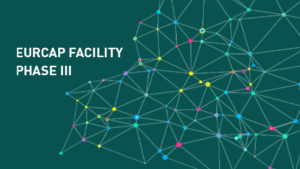
Capacity Building European Facility for the Readmission of Migrants – EURCAP, Final Evaluation
-
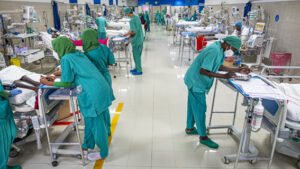
Final evaluation and SROI analysis of the project to train health personnel at the Salam Centre in Khartoum
-

Action-research to foster the employment inclusion of persons with disabilities in Tunisia
-

What Women Want: women’s empowerment and aspirations in SWANA countries.
-

Exploratory research on accessibility of health services in Mozambique
-

Action-Research to foster labour accessibility for young people with disabilities in Kenya
-
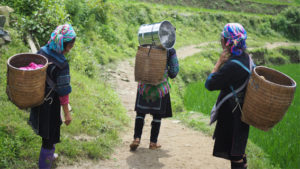
Evaluation of the project that aims to improve the health of the most vulnerable in Myanmar
-
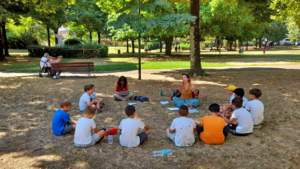
Action-Research for the Global Boyhood Initiative on stereotypes, gender roles and bullying
-
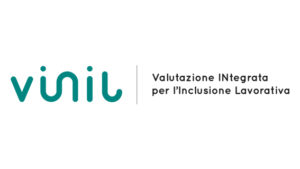
VINIL – employability assessment for persons with disabilities
-

Food Wave, Monitoring the project that promotes sustainable food consumption among young Europeans
-

Nothing About Us Without Us: Emancipatory Research and Strategic Plan on disability in Palestine
-
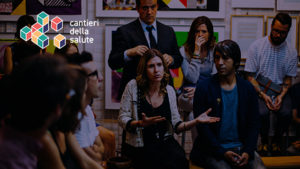
Monitoring and evaluation of the participatory processes of Cantieri della Salute in Tuscany
-

Market analysis to foster employment of young people in Mali
-
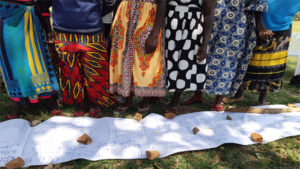
Action – Research to foster community health insurance for women in Sédhiou, Senegal
-
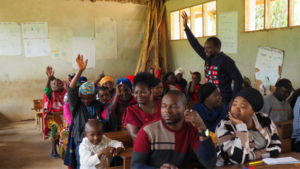
No One Left Behind: an Emancipatory Research for young people with disabilities in Tanzania
-
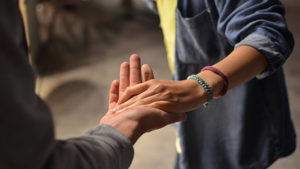
Social Board a model to contrast social exclusion, the case of Prato
-
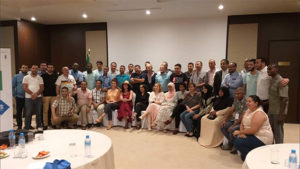
CapDeL: Incubation process for associative projects in Algeria
-

CapDeL: la ricerca al servizio dello sviluppo locale sostenibile in Algeria
-
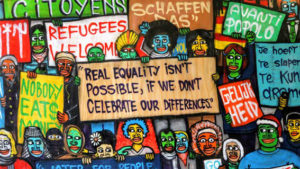
Evaluation of the SPRAR projects managed by ARCI Toscana
-

Need assessment to foster social inclusion in Tuscany
-
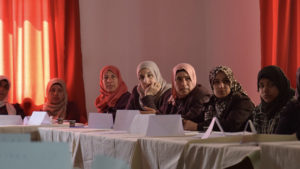
Promoting inclusive business and social entrepreneurship in Palestine
-

Final Evaluation of CBR Programme on disability and rights of persons with disabilities in Mongolia
-
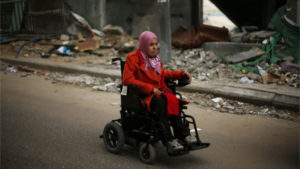
Emancipatory Research as a participatory approach to foster inclusion of women with disabilities in Palestine
-
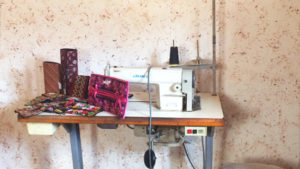
Research and consultancy for the inclusion of women with disabilities in the Gaza Strip
-
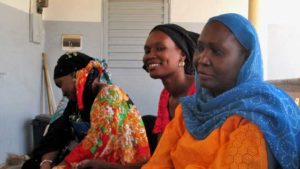
Action-Research for gender mainstreaming development in Senegal